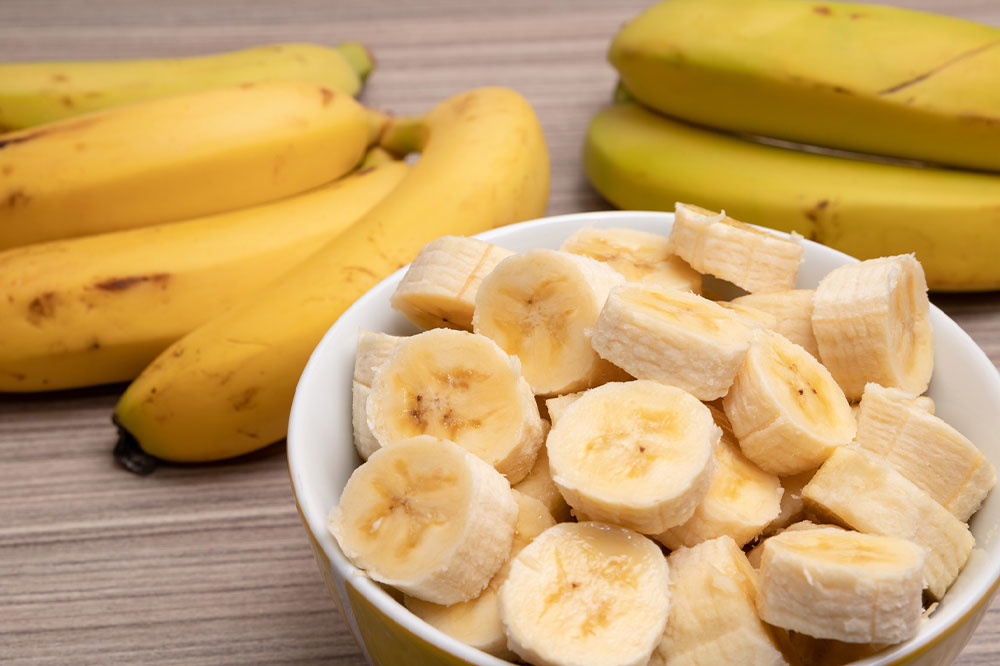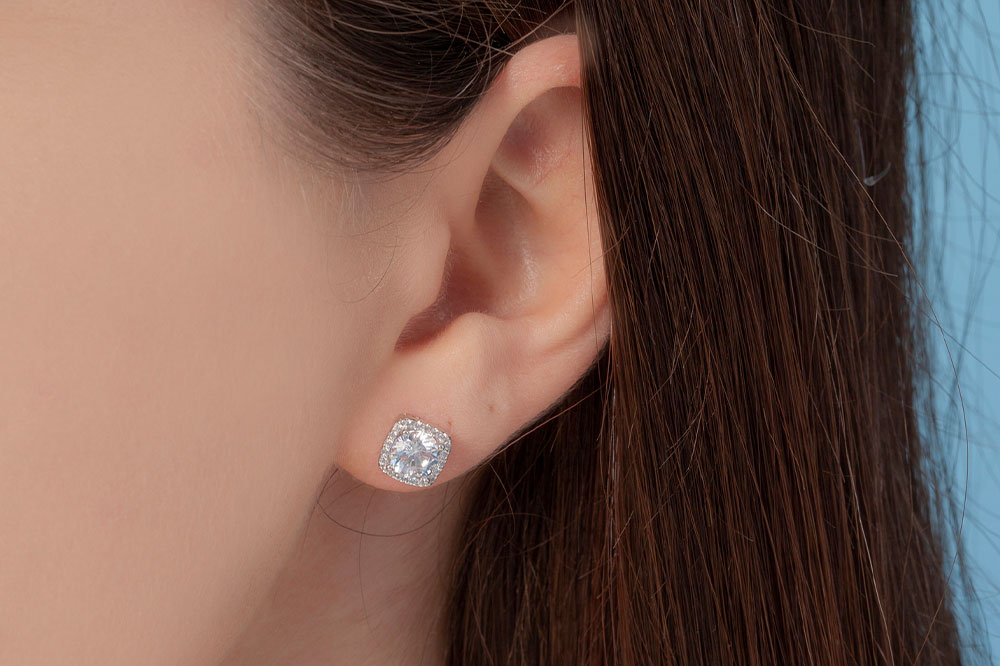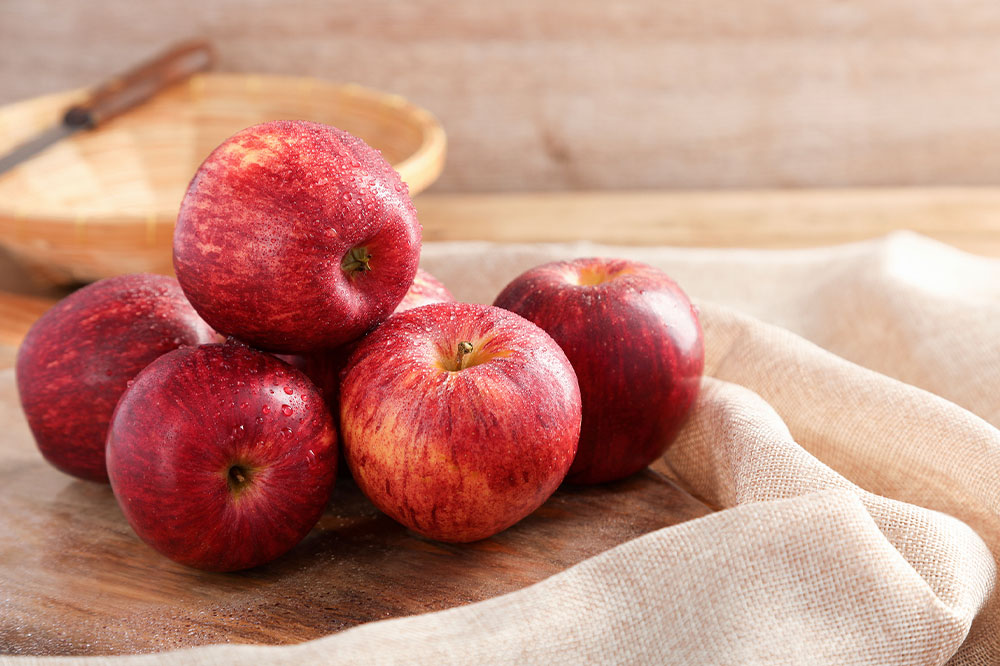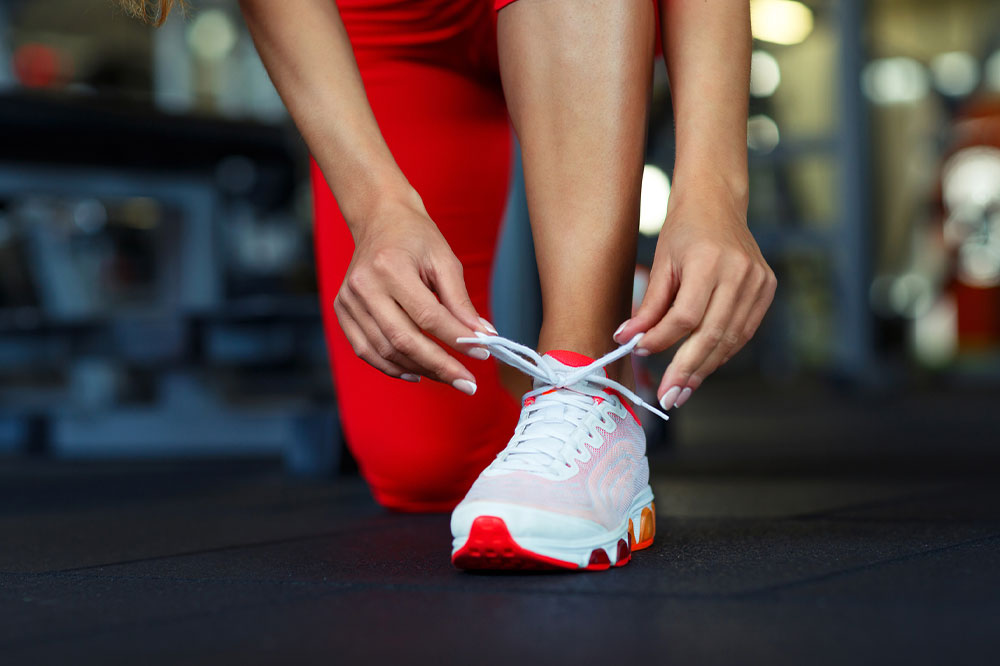7 best times to drink water

Bottled water accounts for over 25% of beverage consumption in the country. Many rely on pure bottled water brands like Nestle, Dasani, and Aquafina for their daily hydration needs. They believe it is safer to drink pure bottled water, as tap water can be affected by groundwater contamination. A full-grown adult must have at least 8 to 12 glasses a day, preferably at specific crucial times to ensure they get the most benefits.
After waking up
Having a glass of water right after waking up offers several health benefits. First, the body needs fluids to flush out toxins. Second, a glass of water first thing in the morning rehydrates the body after the long fast overnight. Additionally, this helps boost energy levels and stimulate metabolism. Water will also promote digestion and boost cognitive function. Fun fact: About 60% of the human body is composed of water, which makes the body function at optimum capacity. So, one should start the day right and get hydrated.
When experiencing hunger pangs
A rumbling feeling in the stomach does not always mean the body is running low on carbs and calories. Simply snacking to curb hunger will only trigger insulin spikes, affect cholesterol, and lead to mass gain. If hunger pangs persist even after meals, it could be a sign of mild dehydration. Having a glass of water 30 minutes before any meal helps fill up space in the stomach, preventing overindulgence at mealtimes. Water also helps the body burn calories faster as it promotes better digestion.
Before, during, and after exercise
People sweat with any form of moderate or intense workout. So, one must continually have water between workouts to replenish the lost fluid. Severe dehydration increases the risk of a heat stroke, lowers blood pressure, and can trigger fatigue. Low fluid levels in the body can also trigger an electrolyte imbalance that increases the risk of health complications. Fitness experts and doctors recommend drinking 7 to 10 ounces of water every 10 to 20 minutes of physical activity to stay hydrated.
At regular intervals during the day
Water helps flush out toxins through sweat or urination, so fluid levels in the body deplete gradually during the day. This is why one must ensure a minimum of 8 glasses of water during the day at regular intervals to keep fluid intake in check. The intake should exceed that of other beverages like juices or coffee. During a hectic workday, one may lose track of their fluid intake. So, downloading apps that share a reminder through notifications every other hour can help one keep up their water intake.
When dealing with headaches
About 78% of the human brain is made up of water, which means dehydration can severely affect cognitive functioning and trigger headaches or migraines. Having water when the headache starts to set in can help prevent serious pain and discomfort. Also, experts advise sipping water throughout the day instead of gulping a few glasses in one go. Spreading out intake regulates metabolic and electrolyte levels to prevent health complications. Lemon water is also a great option, as lemon is a powerful antioxidant and rich in vitamin C. One can squeeze half a lemon in regular water and add some mint for flavor.
When affected by menstrual discomfort
During menstruation, the body undergoes several hormonal changes, which could trigger dehydration. Dehydration triggers and worsens common menstrual period symptoms, like pain, cramps, headaches, and fatigue. So, increasing water intake here helps overcome the discomfort and relieve symptoms. The minimum fluid intake will vary from person to person depending on their age, the severity of menstrual issues, and overall health. But a few extra glasses of water can help balance electrolyte levels and provide some relief.
When sick
Many common infections and diseases trigger issues like diarrhea, vomiting, and fever, resulting in the body losing fluids rapidly. So, when affected by an illness, ensuring hydration becomes even more important. Here, one should caffeinated beverages. Electrolyte water, lemon water, and sugar-free fruit juices are all acceptable alternatives for increasing fluid intake.
Pure bottled water from top brands can cost a family nearly $1,400 every year, suggests a report. However, compared to groundwater, packaged drinking water brands promise twice the minerals and nutrients required for the body on a daily basis. So, choosing pure bottled water brands may result in health benefits and enhanced convenience to prevent dehydration-related complications.









